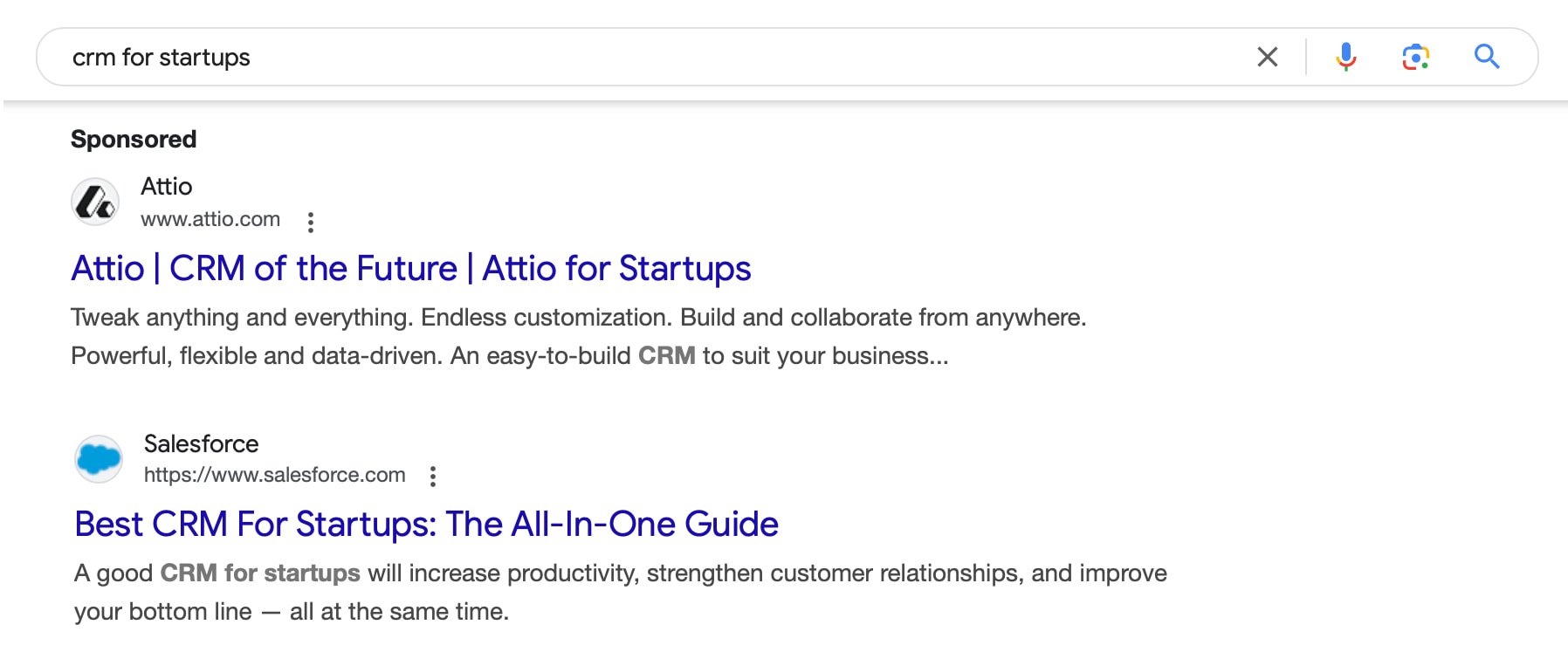SEO and PPC are two of the most important strategies for increasing your website’s visibility. While they both aim to attract more traffic, they operate differently. They also serve different purposes. Here, we’ll discuss SEO vs. Pay-per-click advertising and how to choose the best option for you.
Understanding SEO and PPC
As we all know, SEO stands for Search Engine Optimization. It consists of everything you do to get your site higher rankings in the original search results. Those tactics are thoroughly researching which keywords to target, writing high-quality content, and making sure that your site is structurally and technically sound. The goal is to get the organic traffic you want by making your site relevant and authoritative.
Pay-per-click (PPC), on the other hand, is all about paying for ads — the sponsored listings — that appear at the top of search results. So, every time someone clicks your ad, it costs you money. As it lets you target advertising based on user demographics, this model can lead to immediate results.

What’s the difference between SEO and PPC?
SEO and pay-per-click advertising are both popular options to get traffic to your site. However, both options have their advantages to help you reach those goals.
Cost structure
For SEO, the costs mostly lie in the initial work and ongoing maintenance. You have to invest in creating high-quality content, optimizing your site, and reaching out to build good links and relationships. With SEO, there are no direct costs per click, but it does require consistent effort and resources to get results.
With PPC, you pay every time someone clicks your sponsored listing. To make it manageable, you set a budget; when this budget runs out, your ads will no longer be visible. PPC gives you control over budget, but costs can quickly ramp up — especially in high-demand markets or for competitive keywords.
Time to results
We always say that SEO is a marathon and not a sprint. Building authority takes time, so it can take months to see rankings go up. But the wait is worth it, as it leads to better and more stable results in the long run.
PPC is more direct and to the point. Launch a campaign, and the visitors should come in straight away. As such, this is a great tool for time-sensitive stuff like promotions and launches or when you need instant visibility and reach.
Sustainability and impact
SEO is the more sustainable option. With your initial work done, you can reap the rewards for a long time. Of course, there’s always more to do with your SEO tasks, but that’s normal. Building a brand is something that will pay off big time. With PPC, you get an incredible boost for a short period — the time you pay for the sponsored listings.
Targeting capabilities
SEO targets users based on content and keywords. You can target your content on different search intents, but the options are not as direct as with PPC. This offers more precise options, allowing you to publish ads to specific demographics, locations, times, and user behavior.
Flexibility and control
With SEO, you do put yourself in the hands of search engine algorithms. Algorithm updates could harm your rankings. As a result, you should reevaluate your strategy. You have control over everything on your site, but not search engines. PPC, though, does give full control over your ads. It makes it easier to adapt to changes and needs.
Measurement and analytics
It’s important to measure your success. For SEO, you are looking at a longer period and need to keep track of traffic and keyword rankings. It can be difficult to get usable insights from data. With PPC, you get detailed insights that show you how your campaigns are doing. You’ll also get the tools to adjust instantly.

SEO and PPC, while different channels that require different skills and have different goals, can really complement each other in the long term. To me, PPC is considered more of a science than the art of SEO. The great thing about PPC for SEOs is that it not only attracts quicker returns (that can also be calculated with more precision) but also provides the same accurate and actionable data for SEOs. I have always found data from PPC extremely useful in directing an SEO strategy.
Alex Moss – Principal SEO expert at Yoast
Pros and cons of SEO
Both SEO and PPC have their pros and cons. Let’s go over these.
Pros of SEO
SEO is cost-effective in the long run. Once you have a strategy and an optimized site, it can continue attracting traffic without additional costs, leading to a sustainable traffic source.
Ranking well gives your site a sense of trust and credibility, as people trust sponsored listings less than organic search results. High rankings can boost your brand. Of course, higher rankings lead to a high CTR, and many users simply skip ads because they don’t like them.
As SEO improves the general user experience of the website, it will become a better investment for your money overall. Investing in SEO can lead to higher engagement and conversion rates.
Cons of SEO
Of course, SEO isn’t the end-all solution to everything. For one, building up authority and higher rankings takes a lot of time. It’s not the solution if you want quick results. You must also work on your strategy, content, and site quality. The more work you put in, the better your results can be. And as search engines keep evolving, you must evolve as well.
SEO operates in a highly competitive landscape. For some markets, it’s almost impossible to break into the top ten of the results. Plus, it might take a ton of money to do that. And that’s another con for SEO: the results are uncertain due to algorithm changes, competition, and market conditions.
Pros and cons of PPC
Pay-per-click advertising also has its own good points and bad points, as you’ll read below:
Pros of PPC
The biggest benefit of PPC is getting immediate results for your money. You can set up campaigns quickly and get results going without much hassle. You also have full control over the budget, so you only pay for what you want to pay for.
PPC is also flexible and precise. You have much control over who you target and when, leading to more precise results. And if your strategy needs adjustments, you can update your sponsored listings quickly. Pay-per-click ad systems give you all the data you need to make the proper decisions.
Cons of PPC
One of the main drawbacks of pay-per-click is that costs could rise quickly. Another main drawback is that you’ll only get results as long as you pay — no money, no results. This makes PPC a viable option only for specific campaigns.
How well ads perform also depends on how users perceive them — ad fatigue is a thing. You must experiment with placements and forms to see what works best. For this, you should adhere to the rules of the platforms on which you’re running your ads.
Conclusion SEO vs Pay-per-click
Whether you choose between SEO and PPC depends on your needs, strategy, and timeline. SEO is amazing for long-term results, while PPC can quickly produce results. Most businesses will probably use a combination of both. You can use the strength of both strategic tools in your toolset to get the results your business is looking for.
The post SEO vs. Pay-per-click advertising: Which one should you choose? appeared first on Yoast.

Recent Comments